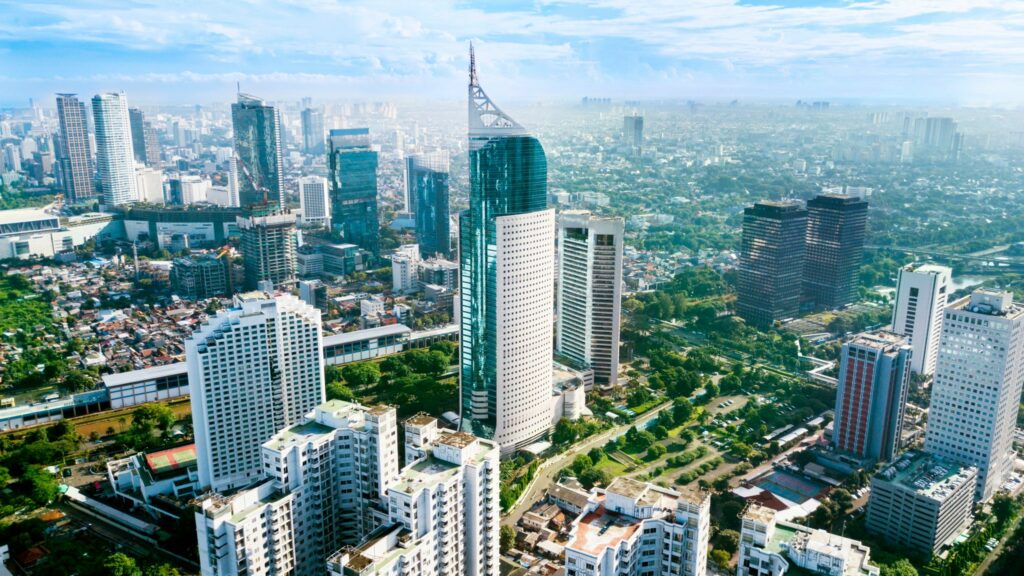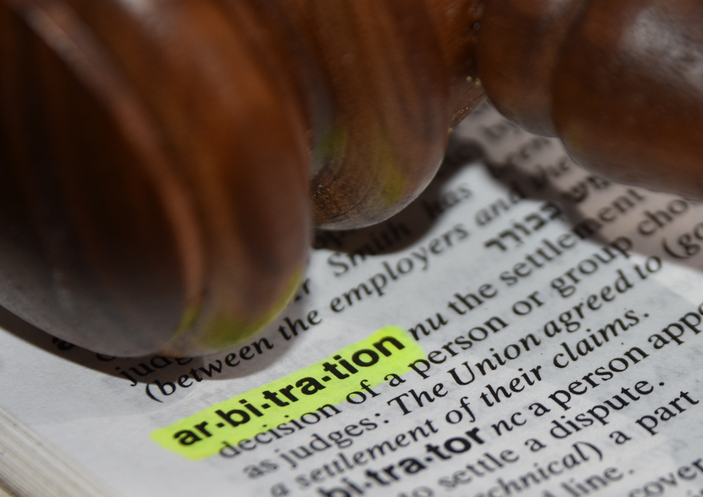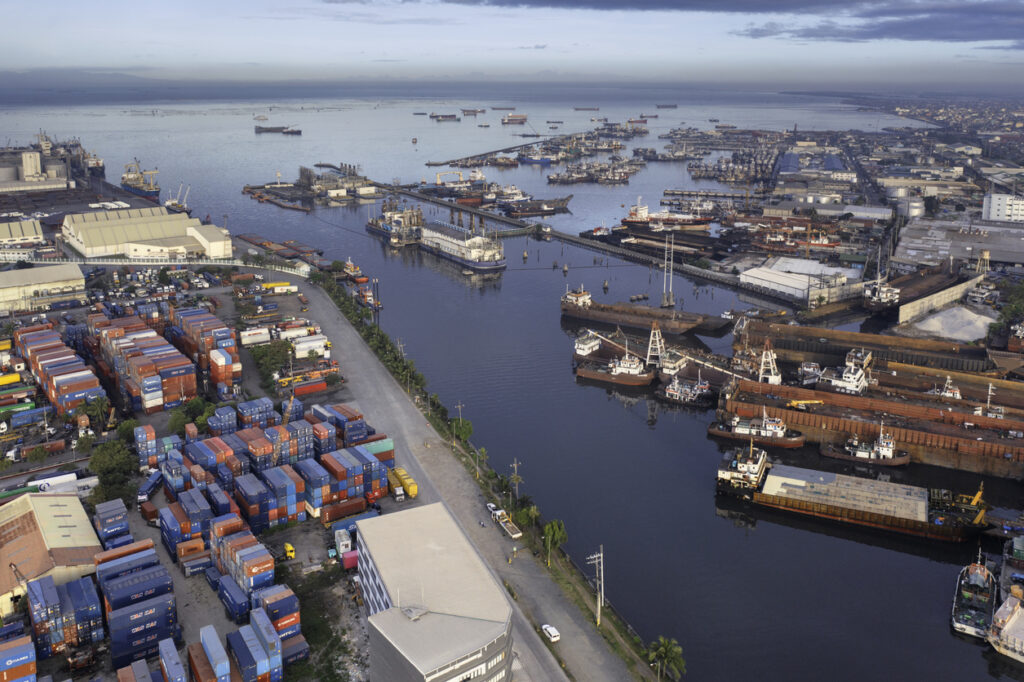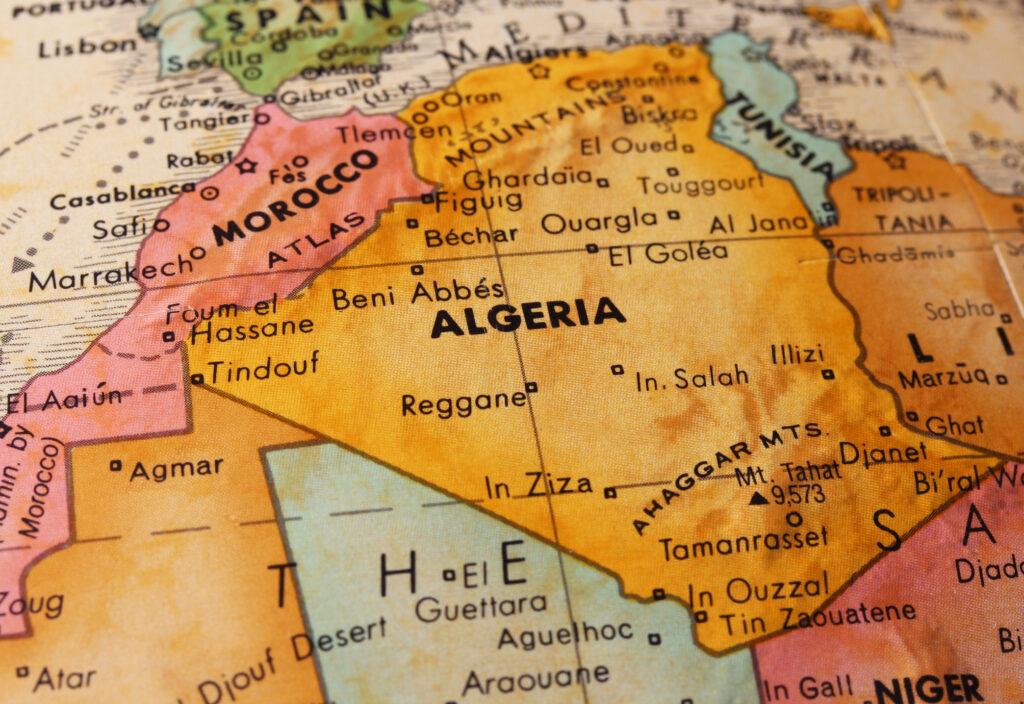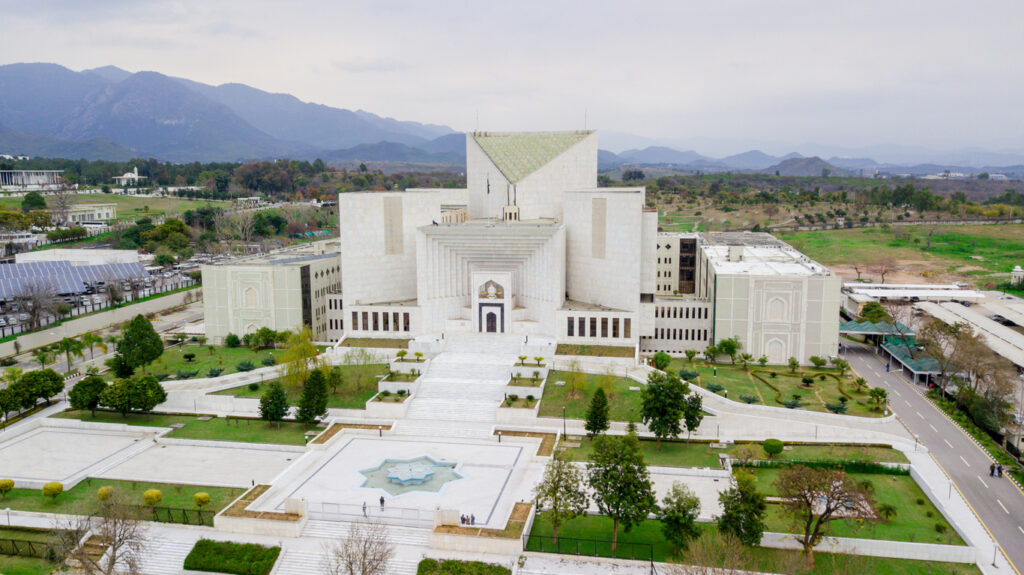TXF Asia 2022
We were delighted to sponsor and speak at the Indonesian Roundtable of TXF Asia 2022 during the two-day event in sunny Singapore on 13 and 14 September 2022, and we would like to share our main findings about Indonesia with the broader audience including our stakeholders and key partners.
Quick word on the Indonesian economy and legal system
Indonesia is the largest economy in Southeast Asia. It has upwards of 270 million people in population and its recent GDP records hovers around the trillion US dollars mark. Its major exports are palm oil, coal, gas, and metals and it is an importer of petroleum. The World Bank ranks Indonesia 73rd in ease of doing business in 2019 before it discontinued its Doing Business Project or Index in 2021.
RA believes that the language barrier and complex legal system, as well as the credit and political risks of Indonesia falls within manageable range, making it a viable business destination for financiers, lenders, and exporters. After all, economic activity in Indonesia has been bustling and is likely to continue to thrive, particularly in light of the rising middle class as well as the Widodo administration’s continuing pursuit of and openness to foreign investments.
Indonesia operates a civil law jurisdiction, inherited from the Dutch for historical reasons. Perhaps a new entrant to the Indonesian market might be concerned about the language barrier, but over time, one would quickly observe that commercial contracts are often bilingual, and so are many members of the Indonesian Bar.
Indonesian Court Structure
The Indonesian Court Structure
Participants of commerce in Indonesia should familiarise themselves with the Civil Court (District level) and the Commercial Court, two separate Courts that are constituents of the Indonesian Courts Structure. Both Courts act as a first instance court.
Civil Court (District level)
The Civil Court hears general civil disputes and is the forum where enforcement actions begin.
The Civil Court is also the forum where contractual disputes are heard. However, for recovery files, if a debt has been acknowledged by a debtor, a Deferment of Debt Payment Obligations (also known as Penundaan Kewajiban Pembayaran Utang or PKPU) application may be a feasible recovery option.
Commercial Court (District level)
The Commercial Court, as its name suggests, is a specialised court that primarily deal with commercial matters such as insolvency actions, Deferment of Debt Payment Obligations proceedings (also known as Penundaan Kewajiban Pembayaran Utang or PKPU), and intellectual property disputes.
The Commercial Court’s Deferment of Debt Payment Obligations proceeding may be a useful approach to recover debts that have been acknowledged by a debtor. When a debt is disputed, the appropriate forum would more likely be that of the Civil Court.
In respect of Bankruptcy Proceedings, a bankruptcy petition may only be taken out if a debtor has at least two creditors. Bankruptcy proceedings are typically concluded within 60 days after a petition has been registered.
Lastly, in the event of an appeal arising from a Commercial Court decision, such appeal would be heard by the Supreme Court directly.
Our experience in bankruptcy proceedings
During the Indonesia Roundtable session, our director, Ahmed Madkour briefly took the stage and shared RA’s observations on how bankruptcy proceedings in Indonesia differ from our experience in the Middle East jurisdictions — with the key message being to prepare early and frontload as much of the documentary legwork as possible.
In Indonesia bankruptcy proceedings, submission formalities are important, and administrators may decline one’s registration as a creditor on the basis of improper documentation. As part of submission requirements, transaction documents (i.e. invoices, sales contracts, etc.) and administrative documents (i.e. power of attorney, commercial registration of a creditor, etc.) had to be notarised and legalised. Hardcopy wet-ink versions must also be made physically available when called upon. In contrast, we have experienced relatively easier processes in the Middle East jurisdictions where such documentary requests can be fulfilled online.
Conventions and Treaties
Treatment/ enforcement of foreign judgment
Indonesia is not a party to the Convention on the Service Abroad of Judicial and Extrajudicial Documents in Civil or Commercial Matters, or any similar convention related to the service of foreign process, other than a bilateral agreement with Thailand on cooperation in providing court documents and obtaining evidence in civil and trade cases.
Judgments of non-Indonesian courts are not directly enforceable in Indonesian courts. Consequently, in the case of cross-border dispute or insolvency where the creditor is a foreign entity and has obtained a foreign court decision which mandates a restructuring/bankruptcy/ payment order, that decision will not be recognised in Indonesia.
Instead, to conduct enforcement action in Indonesia, a creditor would have to obtain an Indonesian court judgment through an Indonesian Court. A foreign court judgment could be admissible as non-conclusive evidence in a proceeding on the underlying claim in an Indonesian Court and may be given such evidentiary weight as the Indonesian court may deem appropriate. Nonetheless, while a foreign judgment is not directly enforcement in Indonesia, it may further compel a debtor to engage in negotiations with a creditor and thereby potentially rendering the need to seek an Indonesian court judgment unnecessary.
Treatment/ enforcement of Arbitral awards
The Arbitration Law does provide the procedure or requirements for enforcing an international arbitration award. Indonesia ratified the New York Convention on 5 August 1981 under Presidential Decree No. 34 of 1981, and the New York Convention has been in force in Indonesia since 5 January 1982 (“New York Convention”). Indonesia acceded to the New York Convention on 7 October 1981. Therefore, foreign arbitration awards can be enforced in Indonesia. Other than the New York Convention, Indonesia has not signed any other treaty on the recognition and enforcement of arbitration awards. That being said, Indonesian debtors are still entitled to challenge the enforcement of arbitral awards on grounds prescribed by Indonesian statutes.
Treatment of foreign documents
It is also useful to note that Indonesia has recently joined the Apostille Convention or The Convention of 5 October 1961 Abolishing the Requirement of Legalization for Foreign Public Documents. This would mean that the procuring of business documents, such as Power of Attorney would be simpler should the claimant be issuing documents in countries where the origination of the document is from a country that is also a signatory to the Apostille Convention.
Concluding remarks
It is comforting to note that deals generally do not go sideways in Indonesia, with statistics on default and claims being rather negligible in the archipelago, despite the high volume of overdue payments. Perhaps that is a result of the precautionary measures, prior due diligence, taken by deal makers, as well as the lag in local importers’ cash flow. However, that said, deal makers should continue to exercise caution when concluding deals and avoid the pitfalls of those before them.
Some pre-emptive work parties can consider include early identification of securities, particularly those which allow for efficient enforcement. To further illustrate the point on identifying security early, we note that in Indonesia, immovable property registered with the land office may serve as an effective security because enforcement action against such class of assets can be relatively straight-forward as opposed to moveable properties – even if the land serving as security is not directly part of the underlying trade/project finance agreement.
Inevitably, some deals do break down. When that happens, RA stands ready to assist with these transactions requiring our intervention. As our tagline “Export Finance Remediation” suggests, even in markets where our services are relatively new, we stand by our belief that mediation is the most effective dispute resolution mechanism, because it often entails the preservation of relationships and cost-savings for parties. Hence, in Indonesia, even after a legal action has commenced, we would continue to advocate for mediated settlements. Moreover, settlements arising from mandatory mediation are directly enforceable and has the weight of a verdict per se, making mediation a no-brainer!
Get to know Recovery Advisers in Indonesia
Recovery Advisers has begun local operations in Jakarta in August 2022, enabling the company to provide greater support to ECAs, exporters and financial institutions with exposure in Indonesia. The Indonesian office, which provides services in claims and recovery management, aged receivables management, and international commercial dispute resolution, is led by Mr. Alfredo Fernandez who has had more than 18 years of experience in practice.
Contact us to discuss how we can support your business in Indonesia, and worldwide.
